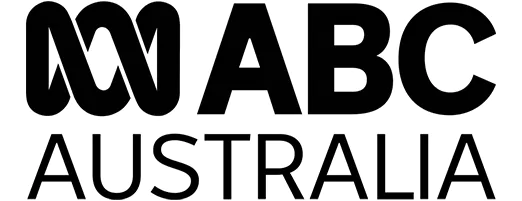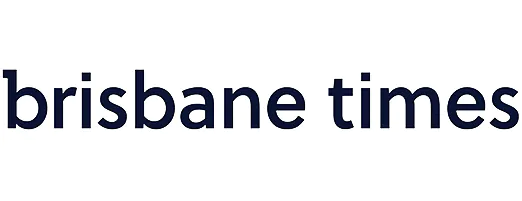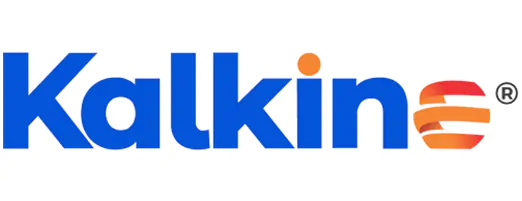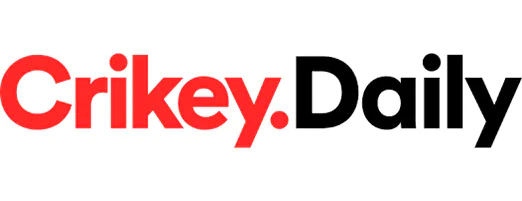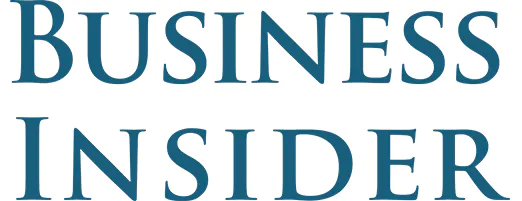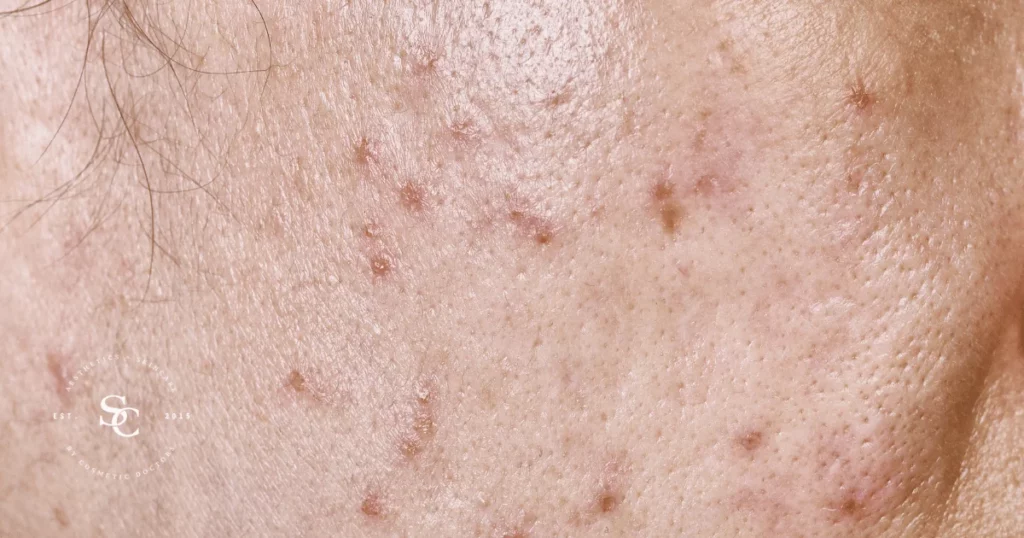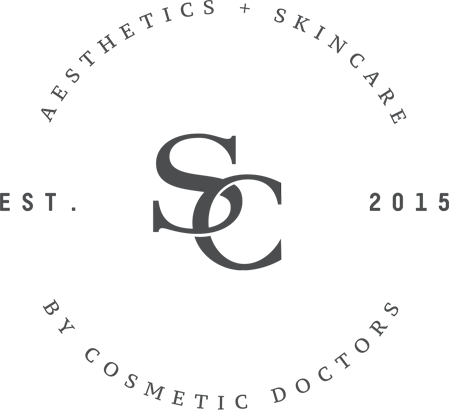Understanding Hormonal Acne: An Overview
Hormonal acne is a prevalent skin condition characterized by the development of acne lesions due to hormonal fluctuations in the body. It primarily affects teenagers and adults, frequently women, and can be challenging to manage. In this comprehensive guide, we will explore the nature, causes, treatment options, and effective management strategies for hormonal acne.
Identifying the Symptoms of Hormonal Acne
The primary symptoms of hormonal acne include the presence of inflamed and non-inflamed acne lesions such as blackheads, whiteheads, papules, pustules, and sometimes cysts. These lesions typically appear on the face, neck, chest, shoulders, and upper back.
Causes and Risk Factors of Hormonal Acne
Understanding the causes and risk factors of hormonal acne is essential:
Hormonal Fluctuations:
Hormonal acne is often triggered by fluctuations in sex hormones, such as androgens (testosterone) and estrogen, which can lead to increased oil production and clogged pores.
Puberty:
Adolescents often experience hormonal acne during puberty due to surges in hormone levels.
Menstrual Cycle:
Women may develop hormonal acne in relation to their menstrual cycles, with flare-ups occurring before or during menstruation.
Polycystic Ovary Syndrome (PCOS):
PCOS can lead to hormonal imbalances and is associated with a higher risk of hormonal acne.
Stress:
Chronic stress can affect hormone levels and exacerbate acne.
Medications:
Certain medications, such as corticosteroids or oral contraceptives, can influence hormonal balance and contribute to acne.
Different Types and Stages of Hormonal Acne
Hormonal acne does not have distinct types or stages but can vary in severity, ranging from mild to severe. Lesions may include comedones (non-inflamed) and inflammatory papules, pustules, or cysts.
Diagnosis: How Hormonal Acne is Identified
Diagnosing hormonal acne usually involves a visual assessment by a dermatologist or healthcare provider. They may also investigate medical history, hormonal fluctuations, and potential triggers.
Treatment Options for Hormonal Acne
Several treatment options can help control and alleviate the symptoms of hormonal acne:
Topical Treatments:
Over-the-counter or prescription topical treatments containing ingredients like benzoyl peroxide, salicylic acid, or retinoids can help unclog pores and reduce inflammation.
Oral Contraceptives:
Hormonal birth control pills can help regulate hormonal fluctuations and reduce the severity of hormonal acne in women.
Anti-Androgen Medications:
Medications like spironolactone can reduce androgen levels and are effective for hormonal acne in women.
Isotretinoin (Accutane):
In extreme cases of hormonal acne, isotretinoin may be prescribed, but it carries potential side effects and necessitates rigorous medical supervision.
Management Strategies for Hormonal Acne
Managing hormonal acne often involves adopting strategies to prevent flare-ups and maintain clear skin:
Skincare Routine:
Establish a consistent skincare routine that includes gentle cleansing, moisturizing, and the use of non-comedogenic products.
Dietary Considerations:
Maintain a balanced diet with restricted consumption of high-glycemic foods, dairy, and processed sugars, which can exacerbate acne.
Stress Management:
Implement stress-reduction techniques, such as meditation or yoga, to balance hormones and minimize acne triggers.
Hormone Regulation:
For women, managing hormonal acne may involve hormonal therapies or contraceptives as advised by a healthcare provider.
Impact of Hormonal Acne on Skin Health
Hormonal acne can significantly impact an individual’s self-esteem and emotional well-being. It may lead to feelings of self-consciousness and reduced confidence.
Long-Term Management of Hormonal Acne
Managing hormonal acne often requires ongoing care and attention:
Follow-Up Appointments:
Regularly follow up with a dermatologist or healthcare provider to assess the effectiveness of treatments and make necessary adjustments.
Lifestyle Modifications:
Continue to implement lifestyle changes and skincare practices to maintain clear skin and reduce the likelihood of acne flare-ups.
In conclusion, understanding hormonal acne, its causes, treatment options, and management strategies is crucial for effectively addressing this common skin condition. Consulting with a healthcare provider or dermatologist can provide personalized guidance on the most appropriate treatments and management approaches for individual concerns.

